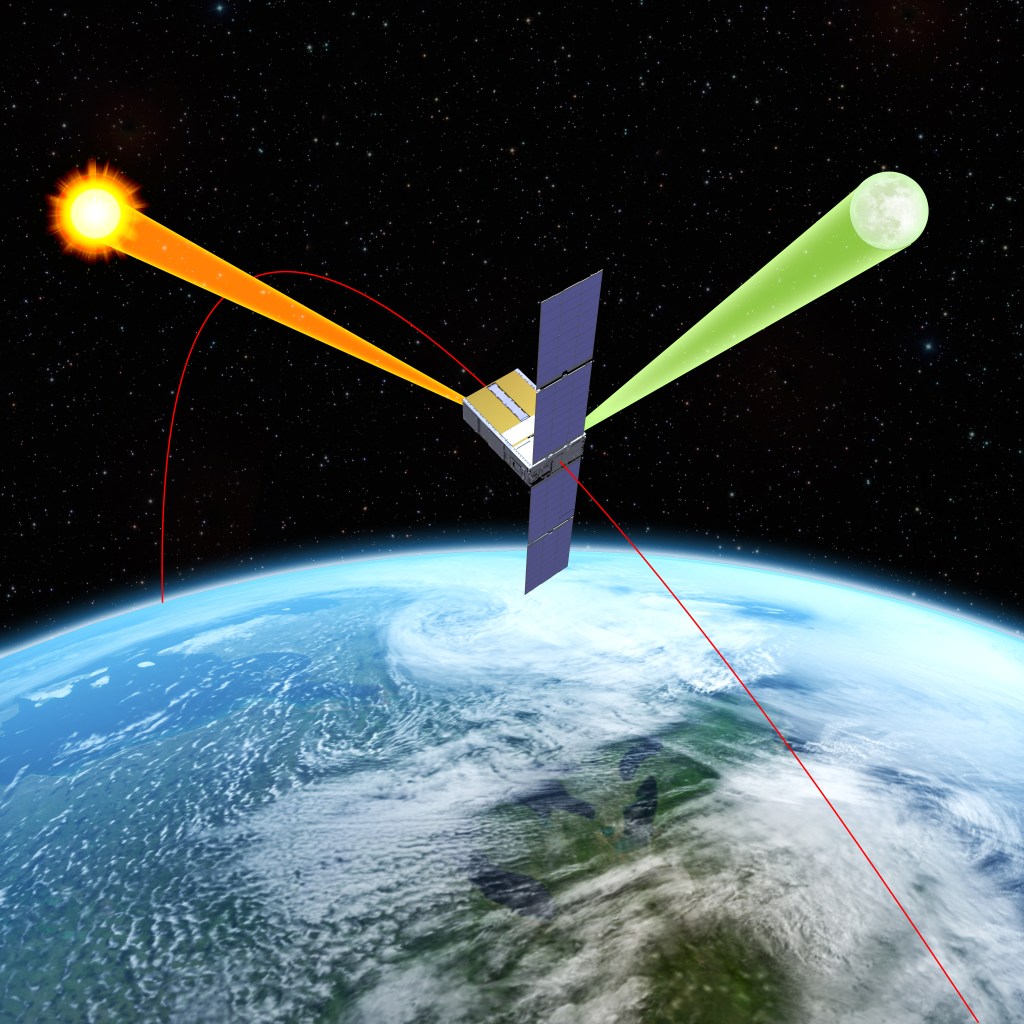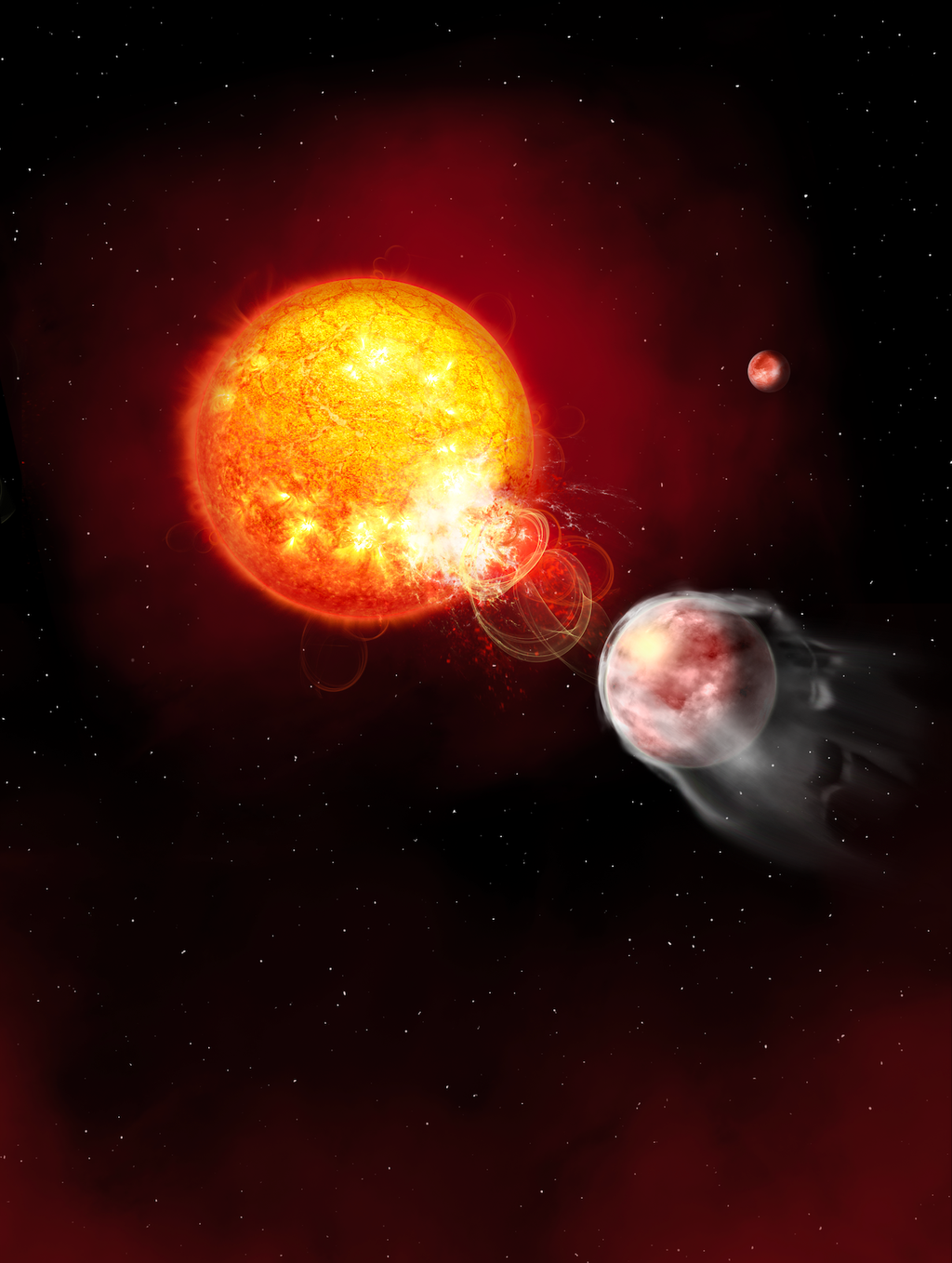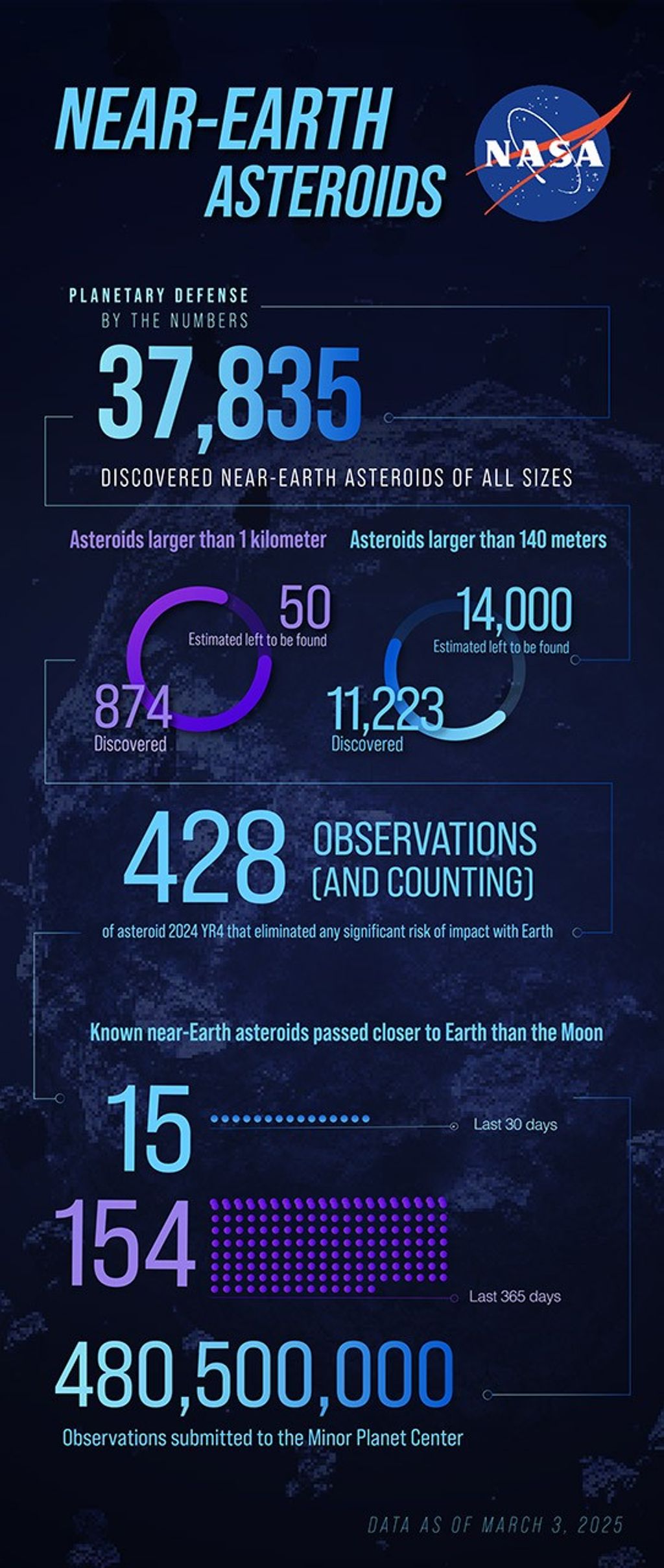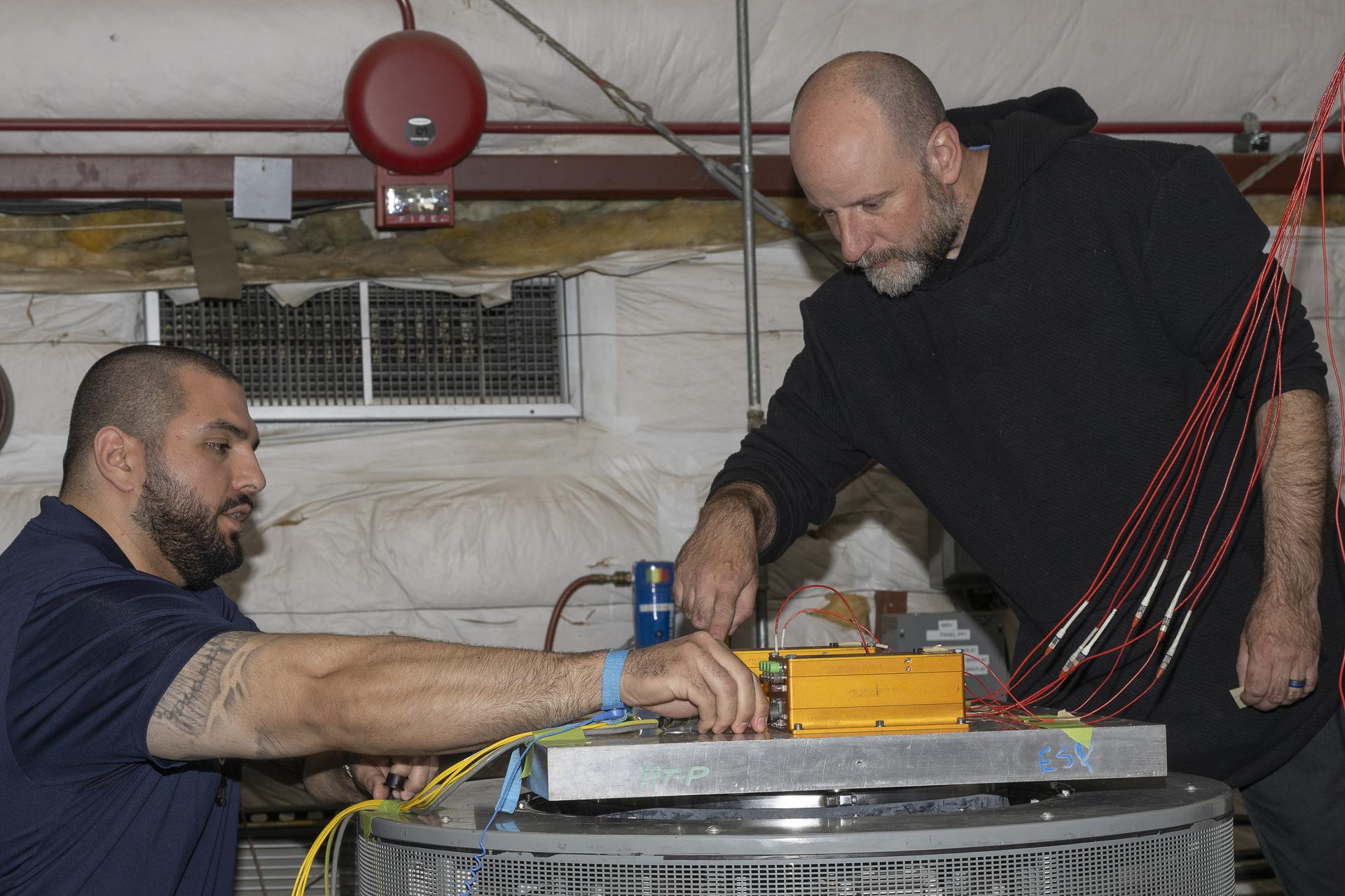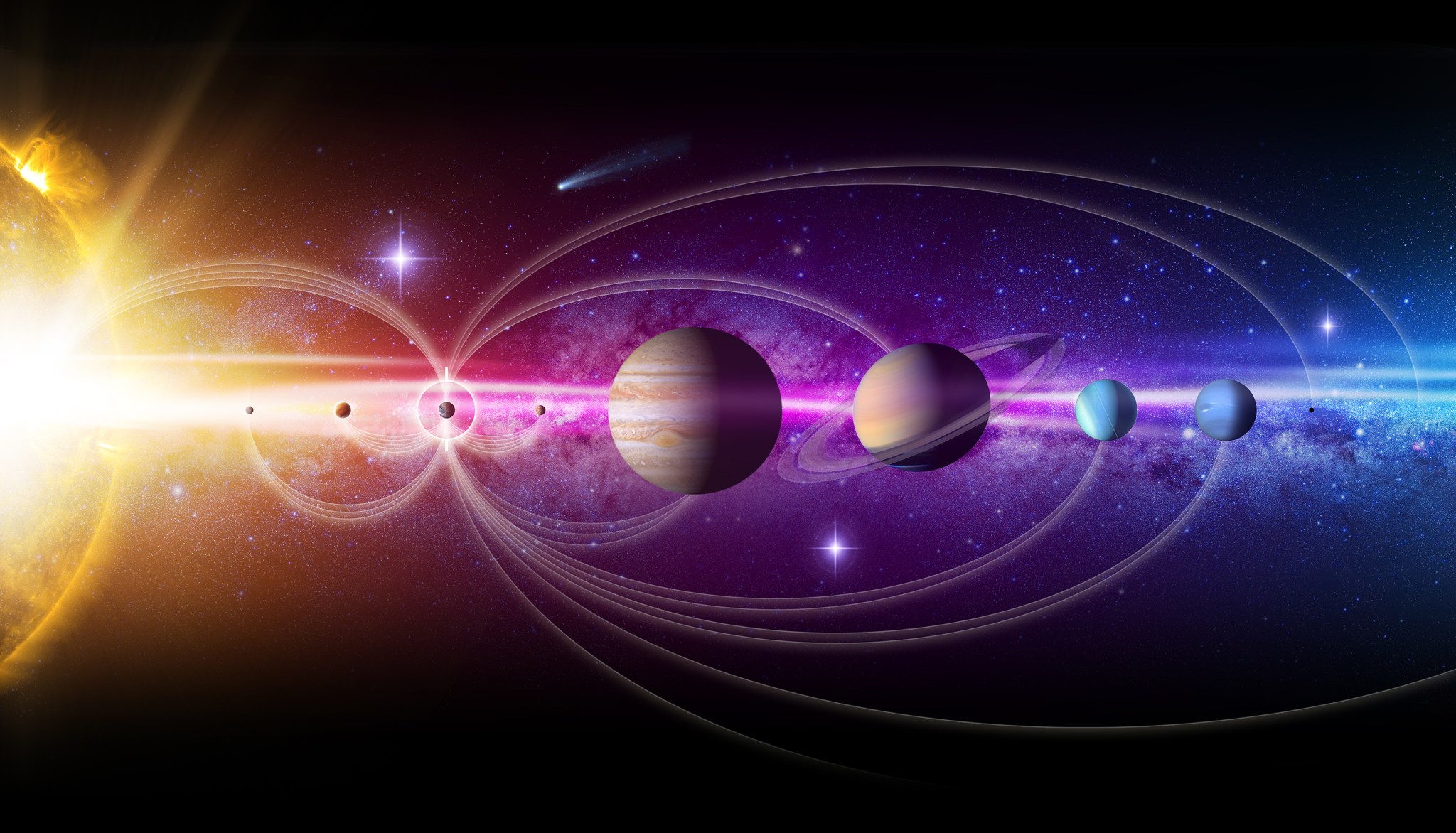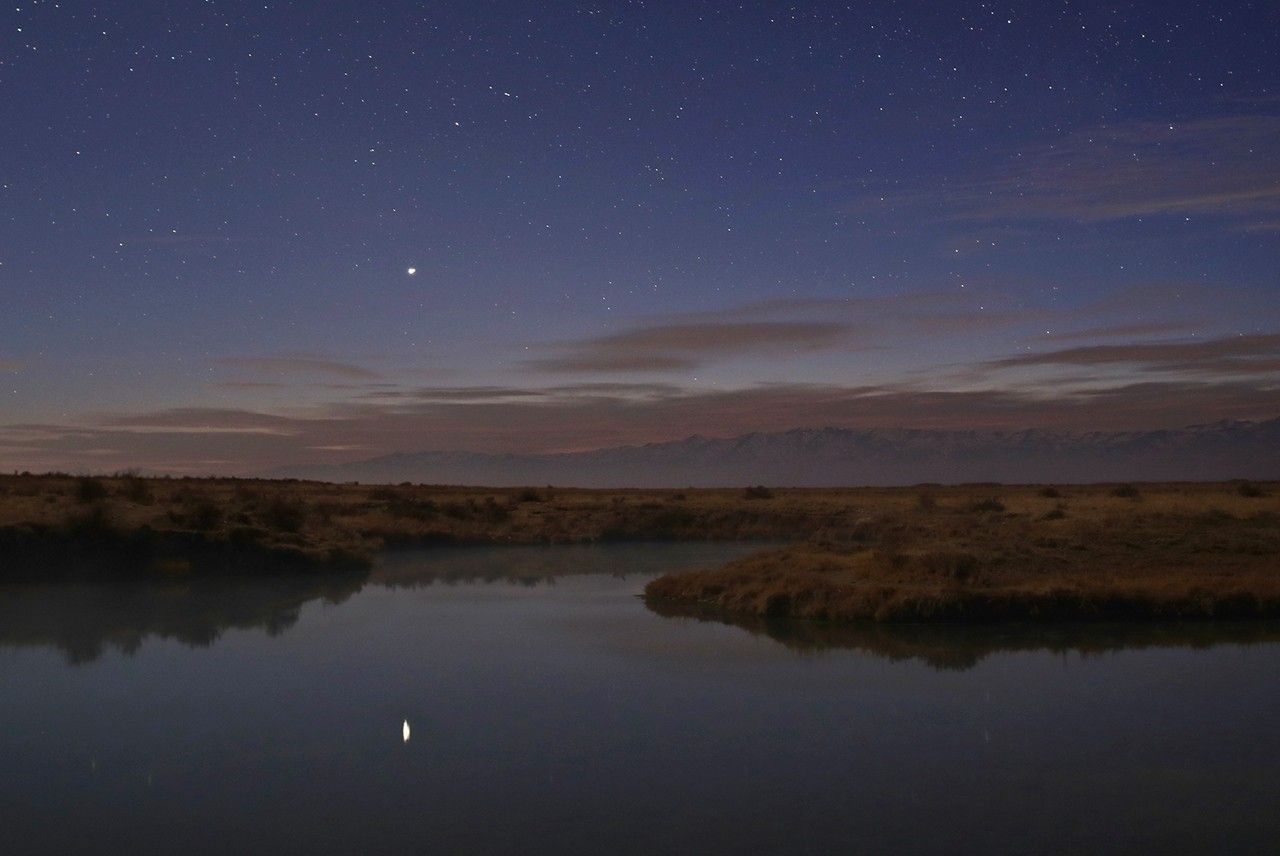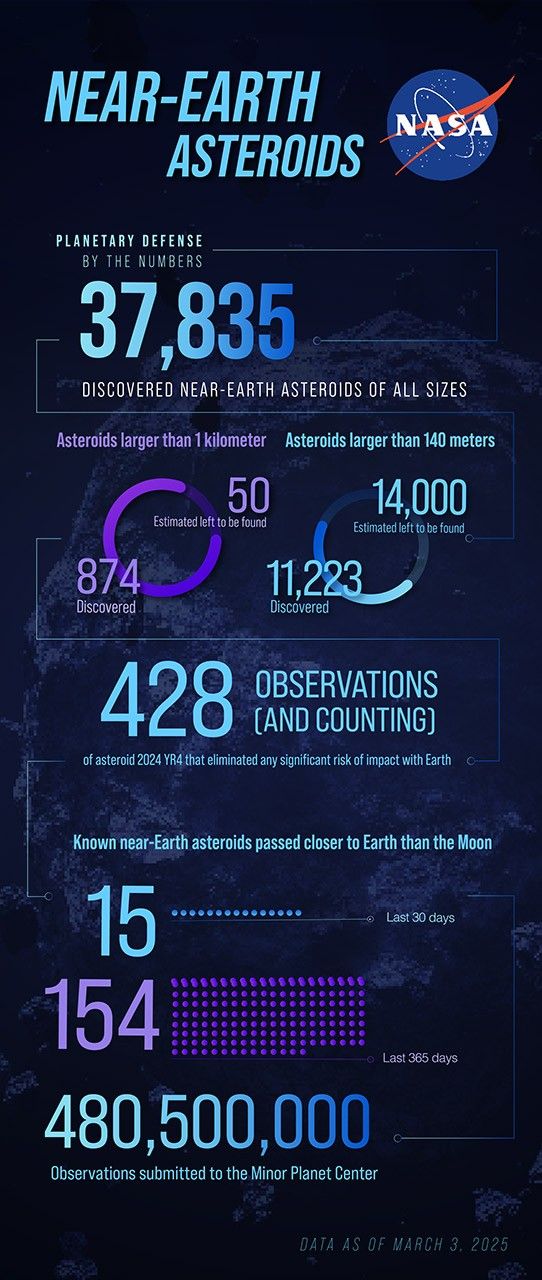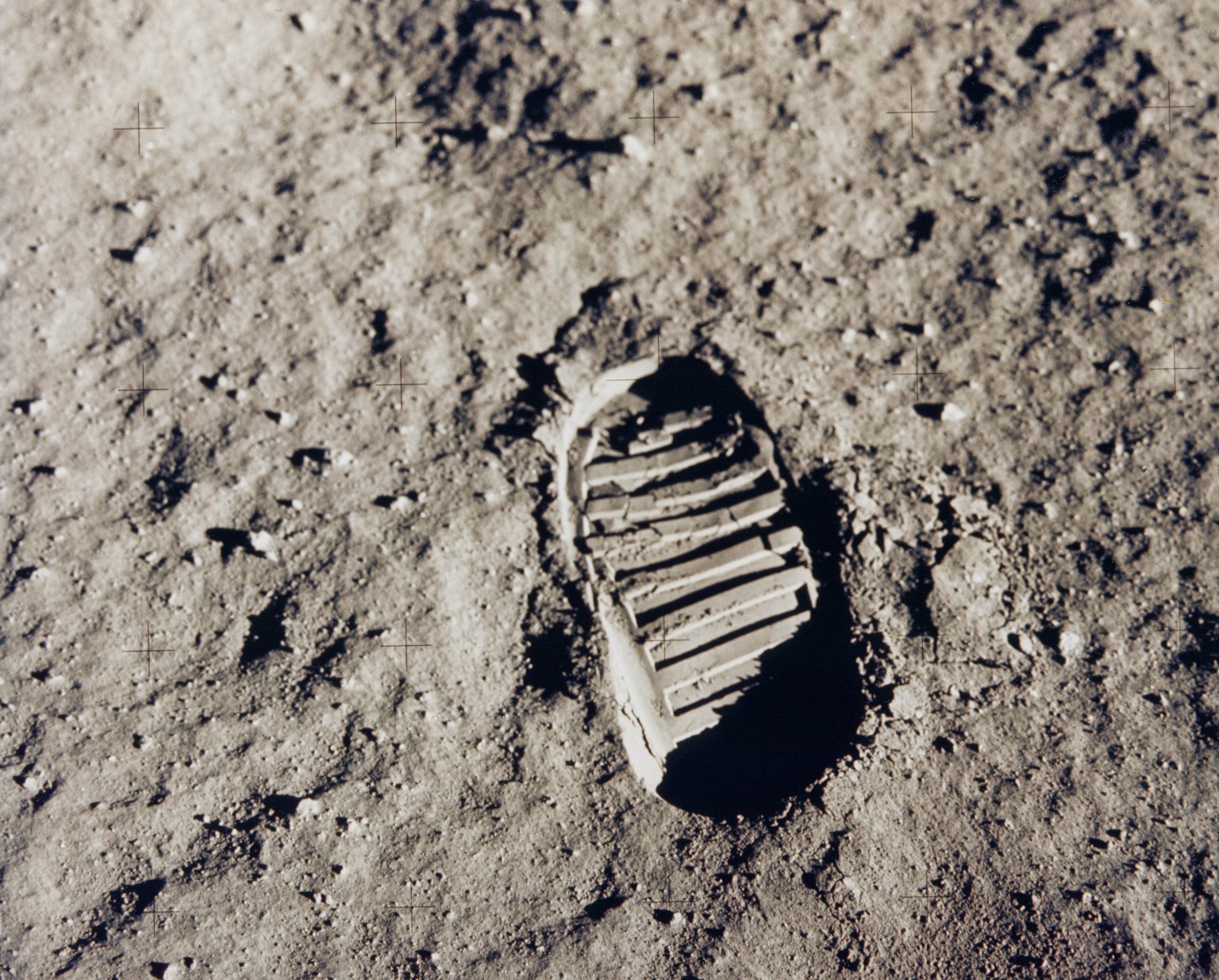Editor’s note: This feature was updated on Aug. 10, 2022 to include an additional link to the PDS IRB final report and briefing.
NASA’s Planetary Data Ecosystem (PDE) Independent Review Board (IRB) delivered its final report and briefing to NASA on April 20, after examining information collected about planetary data.
NASA’s Planetary Data Ecosystem (PDE) Independent Review Board (IRB) delivered its final report and briefing to NASA on April 20, after examining information collected about planetary data. The IRB provided prioritized actionable recommendations for the agency’s Planetary Science Division’s (PSD) long-term planning and support of the Planetary Data Ecosystem (PDE).
Commissioned by PSD in November 2020, the IRB conducted a thorough review of the ecosystem, which includes the user community and the organizations and facilities involved in planning, obtaining, analyzing, preserving, and sharing data from planetary space missions. The report, as well as its charter and recordings of the full meetings of the IRB, can be found at https://science.nasa.gov/researchers/science-data.
“The scientists who study the data from NASA’s billion-dollar missions span generations, allowing data analysis by new minds in exciting new ways,” said Dr. Lori Glaze, Planetary Science Division director at NASA Headquarters in Washington. “Recognizing the breadth and importance of the PDE to a diverse community of users allows us to increase the scientific return from planetary space missions and research programs. This robust ecosystem enables planetary science research for today, tomorrow, and beyond.”
Comprised of nearly 40 experts from various fields including academia, industry, government, and the public, the IRB crossed a wide spectrum of focus areas such as project management, science, engineering, and the user base through five sub-committees: Archiving, Searching, Utilization, Mining & Automation, and Inter-Relational.
Dr. Melissa McGrath, a senior scientist at the SETI Institute, chaired the IRB and is a co-investigator on three instruments in development for NASA’s Europa Clipper mission (Europa-UVS and MASPEX), and the ESA JUICE mission (JUICE UVS) to Jupiter’s icy moon, Ganymede.
“The data gathered by the planetary sciences community is humanity’s treasure,” stated the PDE IRB report. “Along with NASA, and all elements of the Planetary Data Ecosystem, it is our responsibility to preserve and ensure its present and future usability.”
“I’m impressed with the diversity of perspectives and immense amount of thought that the IRB put toward helping NASA improve the PDE,” said Dr. Becky McCauley Rench, the program scientist managing the review at NASA Headquarters. “This report will be used by PSD to continue improving the ecosystem for the benefit of its users and to ensure we are the best stewards of the data.”
Learn more about NASA’s Planetary Science missions:









